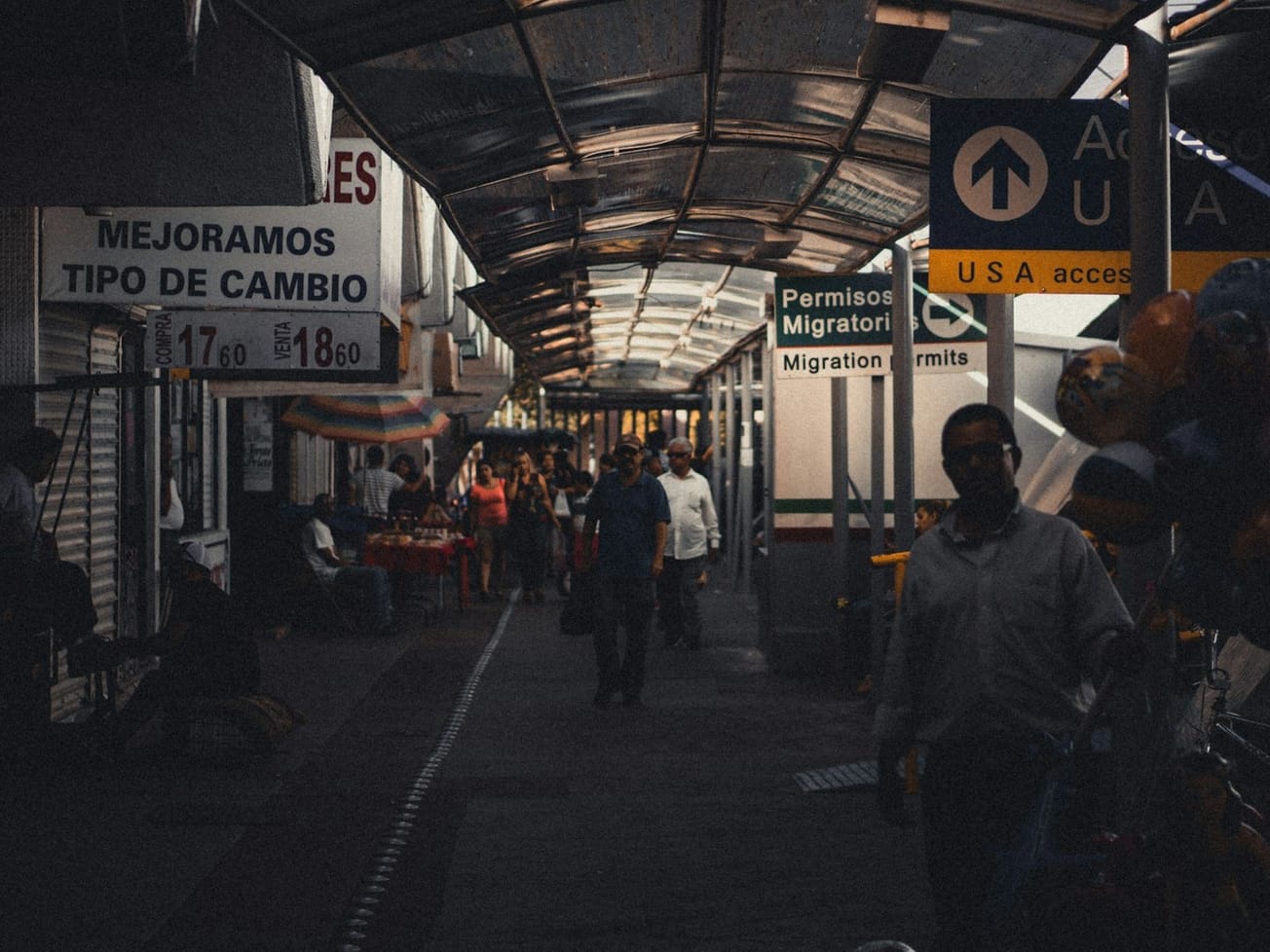From his papal name reflecting the natural world to his tireless moral leadership, Pope Francis offered a strong voice for the environment and the poorest and most vulnerable among us, global leaders said.
With the pope's passing on Monday at the Vatican’s Casa Santa Marta at the age of 88, U.N. leaders recalled the pope as "an unflinching global champion of climate action" and "a tireless advocate for the rights and dignity of refugees, migrants and the forcibly displaced worldwide."
United Nations Secretary-General António Guterres, who shared the pope's passion for climate advocacy, praised the leader of the Roman Catholic Church's 1.4 billion members for always insisting the people must recognize the humanity in each other, as part of a collective.
"Pope Francis was a transcendent voice for peace, human dignity and social justice," said Guterres. "He leaves behind a legacy of faith, service and compassion for all — especially those left on the margins of life or trapped by the horrors of conflict."
Pope Francis choice of the name 'Francis' was a deliberate tribute to Saint Francis of Assisi, a figure known for his deep love and reverence for the natural world. Guterres credited the pope's 2015 encyclical Praised Be as "a major contribution to the global mobilization that resulted in the landmark Paris Agreement on climate change." In it, Francis called the global economy "structurally perverse" for exploiting poor people and risking the planet's health by making it an "immense pile of filth."
He was the first pope to use scientific data in a church document that blamed climate change mostly on human-caused fossil fuel burning. In 2023, he issued an update titled Praise God that criticized climate change deniers and pointed to the evidence behind global warming as beyond doubt. He specifically pointed to U.S. per-capita carbon emissions, which were twice as much as China's and seven times those of the world's poorest countries, while warning that Earth's ecological systems were "nearing a breaking point."
U.N. climate chief Simon Stiell lauded the pope as "a towering figure of human dignity, and an unflinching global champion of climate action as a vital means to deliver it. Through his tireless advocacy, Pope Francis reminded us there can be no shared prosperity until we make peace with nature and protect the most vulnerable, as pollution and environmental destruction bring our planet close to ‘breaking point.' "

Speaking out against the 'globalization of indifference'
The U.N. refugee agency, UNHCR, called the pope "a tireless advocate for the rights and dignity of refugees, migrants and the forcibly displaced worldwide. He stood up and spoke out continuously and relentlessly for the victims of war and for those forced to flee their homes."
Throughout his papacy, UNHCR said, Francis "used his unique moral authority to call on governments and the wider international community to welcome, protect, promote, and integrate refugees into society – especially at a time when their desperate plight is too often met by barriers, rejection and fear. He also engaged in favor of the environment and nature."
The International Organization for Migration paid tribute to the pope for his "unwavering moral leadership in defense of human dignity and the rights of migrants and the most vulnerable," starting with a visit to the small Italian island that is a major entry point for migrants crossing the Mediterranean Sea to reach the European Union.
"From the very beginning of his papacy, Pope Francis placed migration at the center of his mission," IOM said. "His first trip outside of Rome in 2013 took him to Lampedusa, where he commemorated migrants who had lost their lives crossing the Mediterranean. There he denounced what he called the 'globalization of indifference' and urged the world not to look away from human suffering."
The Walk Free international human rights group said Francis' "moral leadership and compassionate vision helped progress the global fight against modern slavery and leaves an indelible legacy that will continue to inspire our work."
It pointed to the inaugural signing of the 'Joint Declaration of Religious Leaders Against Modern Slavery' in 2014, uniting leaders from all major faiths, and a 2023 meeting at the Vatican where he renewed calls to end modern slavery and met with survivors.
In 2022, the group and others estimated that 49.6 million people – nearly one out of every 150 people in the world – were caught up in some form of modern slavery, a 23% increase over five years. Forced labor accounted for 27.6 million; the other 22 million were trapped in a forced marriage, according to data from the International Labor Organization, Walk Free and IOM. Among the nearly 28 million people in forced labor, 3.3 million, or 12%, were children.
"Pope Francis’s unwavering commitment to uplifting voices of lived experience, shedding light onto darkness, and holding the world’s religious leaders accountable in tackling modern slavery in every region of the world," Walk Free said, "leaves an indelible legacy that will continue to inspire our work."
This story has been updated with additional details.









